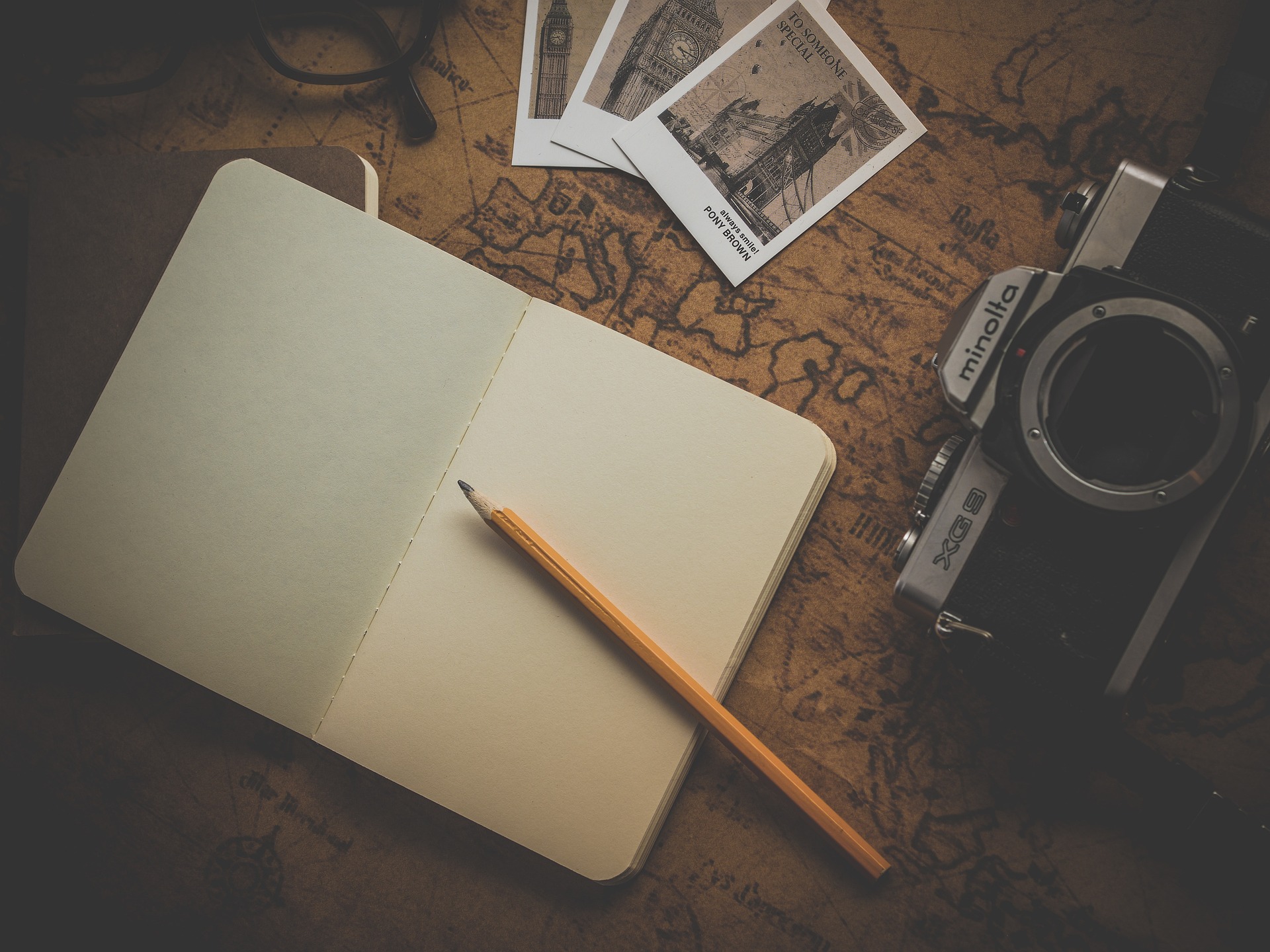
Importance of drawing
Children can’t always express themselves using words and actions, so drawing is another important form of communication. You can gain an insight into your child’s thoughts and feelings through their drawings. Being able to express what they feel also boosts a child’s emotional intelligence.
Why not get out the colouring pencils and pens, try our Professor Astro Cat activity sheets, and make your own Astro spaceships and suits? You can download them
advantages of drawing
It enhances your child’s motor skills
From a small scribble to a masterpiece that takes pride of place on the fridge, drawing can enhance your child’s motor skills from a young age. Starting them as early as possible will help them improve their hand and eye coordination, while fine-tuning their finger muscles. Try our dot to dot app Artie’s Magic Pencil to help with this. Our little artistic hero can help little ones build confidence in their creative skills. ‘If you can draw these simple shapes then you can draw anything!’
It lets their imagination run wild!
Drawing enables your child’s imagination to become more active. Each time they draw they access their imagination and make physical representations of what’s in their mind. People’s imaginations have allowed them to create all of the things that we use and are surrounded by everyday. Our sister companies Nobrow and Flying Eye Books publish some fantastic books, of which one of our absolute favourites is ‘Nightlights’ by Lorena Alvarez. It’s a charming story of a young girl’s boundless imagination, with beautiful illustrations.
Drawing gets your little ones school ready
Drawing is one of the early foundations of logical thinking or abstract thought. Whether your child is still at home with you or at school already, drawing helps them prepare for understanding more difficult concepts. Learning these creative ways of thinking at an early age readies a child for future education. Provide your kids with a variety of materials to draw with, for example crayons, paint, chalk – and don’t forget digital media tools too, to help them get used to the tablets and other computers that they’re sure to use frequently in the future.
